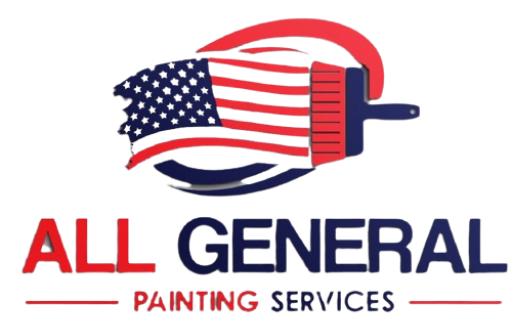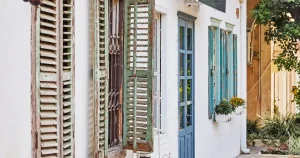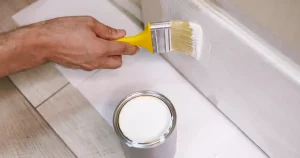If you have ever hired a painter, you may wonder why they require payment upfront. It can feel risky to pay before the work is done. But there are good reasons painters ask for a deposit before starting a project.
I will explain why painters require upfront payment and how it benefits both you and them.
Upfront Money Helps Cover Material Costs
One main reason painters ask for a deposit is to ensure they have the necessary materials. Quality paint, primer, brushes, rollers, and ladders all come at a cost. A deposit helps painters get the supplies required to begin their job without depleting their funds.
Professional painters typically use high-quality materials to ensure the best results. If you’re looking for a team that prioritizes quality and reliability, visit our page about residential painting services.
It Shows That You Are Serious
When you pay a deposit, it shows the painter that you are serious about the project. Painters often receive numerous requests for quotes, but not all of them are followed through on. A deposit secures your project and reserves a spot on their schedule.
This helps painters plan their time and staff so they can focus on your job.
It Protects the Painter’s Business
Painting is a business. Just like any other business, painters must ensure they are not wasting time or money. Without a deposit, painters risk clients canceling at the last minute or failing to pay after the work is completed.
The deposit protects the painter by covering part of their costs in the event that something goes wrong. It is a fair way to make sure both sides have some protection.
What Is a Normal Deposit Amount?
Most painters request a deposit ranging from 10% to 50% of the total job cost. The exact amount can depend on:
- Size of the project
- Cost of materials
- How long the job will take
Smaller jobs need a smaller deposit. Bigger jobs that require a lot of paint and weeks of work may require a larger deposit.
How to Protect Yourself When Paying a Deposit
It is normal to feel nervous about paying money upfront. Here are ways to protect yourself:
- Get a written contract: The contract should explain the deposit amount, payment schedule, and total cost.
- Use a credit card if possible: Credit cards offer more protection in the event of an issue.
- Check reviews and references before hiring a painter.
- Request a receipt: Always obtain proof of payment for the deposit.
A professional painter will be happy to give you all these protections.
Red Flags to Watch For
While asking for a deposit is normal, some warning signs should make you cautious:
- Asking for 100% of the money upfront
- No written contract
- Pressure to pay quickly without clear details
If you notice any of these signs, consider hiring another painter.
Benefits of Paying a Deposit
Paying a deposit has benefits for you too:
- Locks in your project: You reserve your spot on the painter’s schedule.
- Helps the project move faster: The painter can buy materials and plan.
- Builds trust: A deposit demonstrates your commitment, and a reputable painter will reciprocate that trust with high-quality work.
Deposits Build Trust Between Homeowners and Painters
Painters typically request upfront payment to cover material costs, protect their business, and ensure projects proceed smoothly. A fair deposit helps both you and the painter stay committed to the job.
Ensure you work with painters who offer clear contracts, reasonable deposit amounts, and high-quality service. Taking these steps helps you get the beautiful, lasting results you want for your home.




